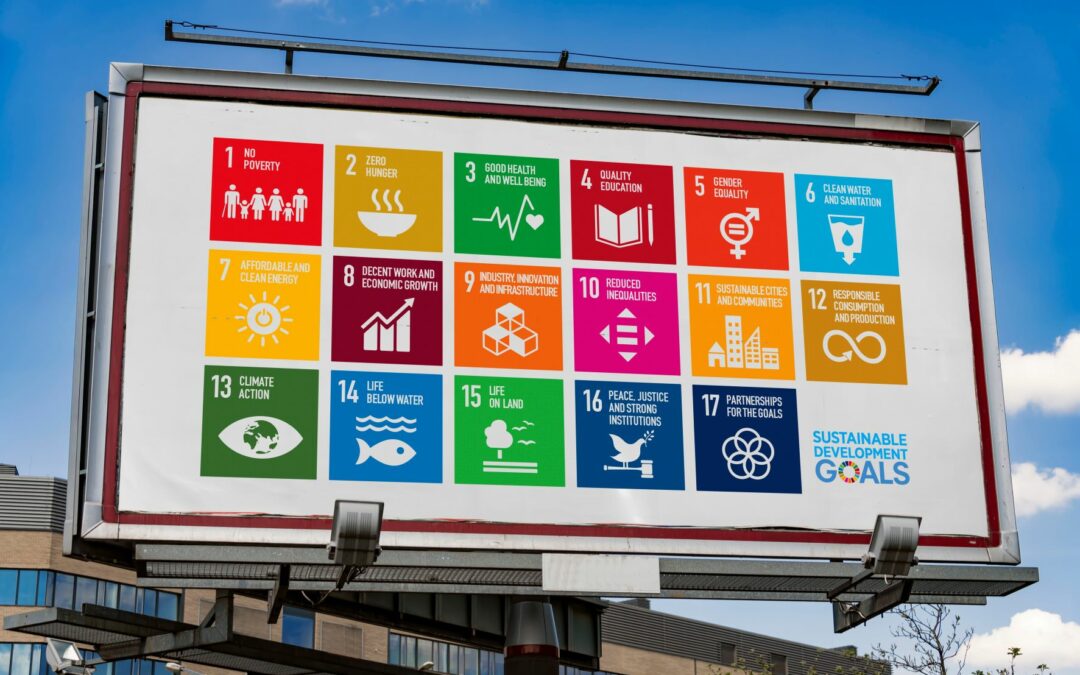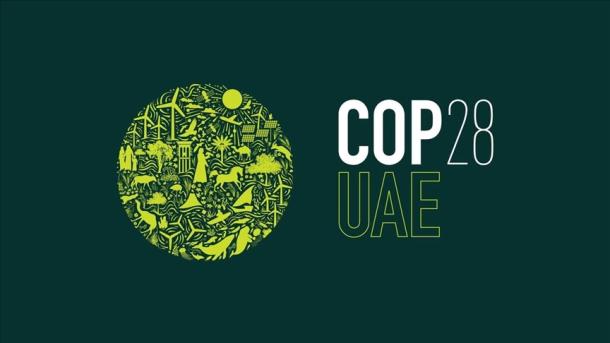Note: This is a preliminary version that will be updated soon.
Climate Security centers its attention on the “maintenance of the local and the planetary biosphere as the essential support system on which all other human enterprises depend.” Rather than a theoretical concept, security is a practical matter to all of us and Climate Security is an increasing concern. Many organizations are crucial for thinking about climate and security. Some of the major organizations are listed here.
Earth Institute (1995; Columbia University, New York)
Aims to find “Solutions for Sustainable Development” regarding: public health, poverty, energy, ecosystems, climate, natural hazards, and urbanization. Furthermore, the Advanced Consortium on Cooperation, Conflict, and Complexity (AC4) conducts a research program on Environment, Peace, and Sustainability focused “around local resource governance and conflict management, generating knowledge and practice around environmental conflict resolution and peacebuilding.” [Staff: 850]
Potsdam Institute for Climate Impact Research (1992; Potsdam, Germany)
Addresses crucial scientific questions in global change, climate impacts, and sustainable development. Conducts the program Towards a Global Risks and Foresight Assessment on the Security Implications of Climate Change. Moreover, its purpose is to assist the “UN Climate Security Mechanism so that the assessment methods correspond to UN needs as they evolve and can help inform UN efforts.” [Staff: 300]
Center for Climate and Security (2011; Washington)
Facilitates policy development processes and dialogues by active researching, and as a resource hub in the climate and security field. For instance, it conducts the Climate and Security Advisory Group (CSAG) Climate and Security Fellowship Program to advance the career of early practitioners and thematic programs as the Responsibility To Prepare and Prevent framework of action. [Staff: 36]
International Military Council on Climate and Security (2019, The Hague)
A “group of senior military leaders, security experts, and security institutions across the globe dedicated to anticipating, analyzing, and addressing the security risks of a changing climate.” In particular, it was founded and administered by the Center for Climate and Security (CCS) and works with institutional partners. The Consortium Institutions are The Council on Strategic Risks (CSR), Clingendael, The Hague Centre for Strategic Studies (HCSS), and The French Institute for International and Strategic Affairs (IRIS). Publishes the World Climate and Security Report (June 2021, 92p), covering worldwide climate threats from a thematic perspective and a regional focus.
Global Military Advisory Council on Climate Change (2009; Brussels & Dhaka)
Initiated by the Institute for Environmental Security, it is a “global network of serving and retired military officers, and associated institutions, committed to highlighting the potential security implications of a changing climate and advocating action, including by the military, to minimise the risks.”
American Security Project (2007; Washington)
A “nonpartisan organization created to educate the American public and the world about the changing nature of national security in the 21st Century.” It has taken a National Security perspective regarding Climate Security, studying how the military is adapting to climate change in their grand strategy. [Staff: 4 staff, ~60 fellows]
NewClimate Institute (2014, Cologne, Germany)
Supports “sustainable and climate-resilient development through research, policy analysis, design, and knowledge sharing.” Conducts several capacity-building programs in Argentina, Brazil, Chile, China, Colombia, Costa Rica, Ethiopia, and Georgia. [Staff: 35]
Natural Resources Defense Council (1970, New York)
Combines “online activists with the expertise of some 700 scientists, lawyers, and policy advocates across the globe to ensure the rights of all people to the air, the water, and the wild.” Thus, to tackle climate-related health risks, they thrive for Climate Resilience and Climate Adaptation by helping global and local communities to face these challenges. [Staff: 10]
Institute for Environmental Security (2002; The Hague)
Advances environmental security through science, diplomacy, law, finance, and education. Above all, supports the international sustainable development goals as a means to long-term poverty alleviation and “to help safeguard essential conditions for peace and sustainable development.” [Staff: ~30 staff and associates]
Planetary Security Initiative (2015; The Hague)
“Aims to catalyze action in affected contexts” and reduce “climate-related risks to conflict and stability, thus promoting sustainable peace in a changing climate.” It has recently changed focus from “awareness creation to applicable action after successfully supporting the efforts to place climate-related security risk at the center of the global foreign policy and defense stage.” [Staff: 9]
CONCLUSIONS ON CLIMATE SECURITY
Climate Security is here to stay as an increasingly important component of security thinking. The traditional National Security perspective is no longer suitable for solutions in which each state cannot solve the climate problem on its own. To tackle these complex constellations of conflicts, the international community needs more cooperative and multilateral actions. The organizations listed above are working to understand the risks and adaptations, requiring a multidisciplinary social science and natural science approach.
CLIMATE SECURITY RECOMMENDED READING
- Buzan, B. (2008). People, states & fear: an agenda for international security studies in the post-cold war era. Ecpr Press.
Proposes five major sectors that affect human security: Military, Political, Economic, Societal, and Environmental.
- Moran, D. (Ed.). (2011). Climate change and national security: a country-level analysis. Georgetown University Press.
The 19 extensive essays on 12 major countries and 7 regions are still relevant. The content was presented at a 2008 workshop sponsored by the National Intelligence Council.




0 Comments